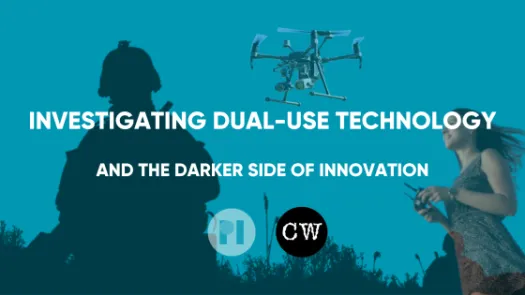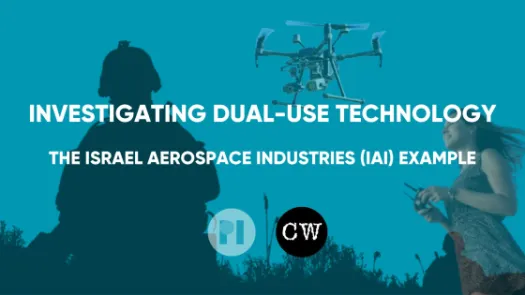
PI submission on the impact of arms transfers on human rights
PI responded to the call for input from the UN High Commissioner for Human Rights on the role of access to information in preventing, mitigating, and responding to the negative human rights impact of arms transfers.
Our submission highlights common threads identified throughout our experiences of navigating access to information regimes, including:
- Severe, systematic, and unlawful delays in the provision of information
- Unsubstantiated, blanket application of exemptions
- Blanket application of exemptions to entire documents rather than granular application of redactions
- Costly and time-consuming processes of appeal to supervisory authorities
- Over-application of commercial interests and intellectual property exemptions governed by contractual provisions with commercial partners rather than in accordance with the law

In January 2024, PI responded to the call for input to the report by the UN High Commissioner for Human Rights on the impact of arms transfers on human rights, with a focus on the role of access to information in preventing, mitigating, and responding to the negative human rights impact of arms transfers - offering our experiences of navigating access to information regimes in the UK and the EU.
Access to information laws and processes are crucial in uncovering details of states' capabilities and transfers in the military technology domain. They enable scrutiny by experts, civil society, oversight bodies and the wider public, sometimes culminating in a body of evidence for the pursuit of complaints and other accountability mechanisms - such as for PI's complaint to the European Ombudsman on EU surveillance transfers to third countries.
Yet the various exemptions contained in access to information laws prevent, in our experience, disclosures of key pieces of information. These include blanket and qualified national security exemptions, exemptions for the maintenance of public order, prevention of crime or application of immigration controls, and those protecting commercial interests and intellectual property assets.
Excessive delays and costly appeal processes also frustrate legitimate transparency efforts. Civil society organisations are regularly discouraged from pursuing accountability mechanisms because of such procedural frustrations. This is particularly true in the context of arms transfers, where national security and commercial interests exemptions are easily invoked and difficult to challenge.
Read our full submission to the UN High Commissioner for Human Rights



